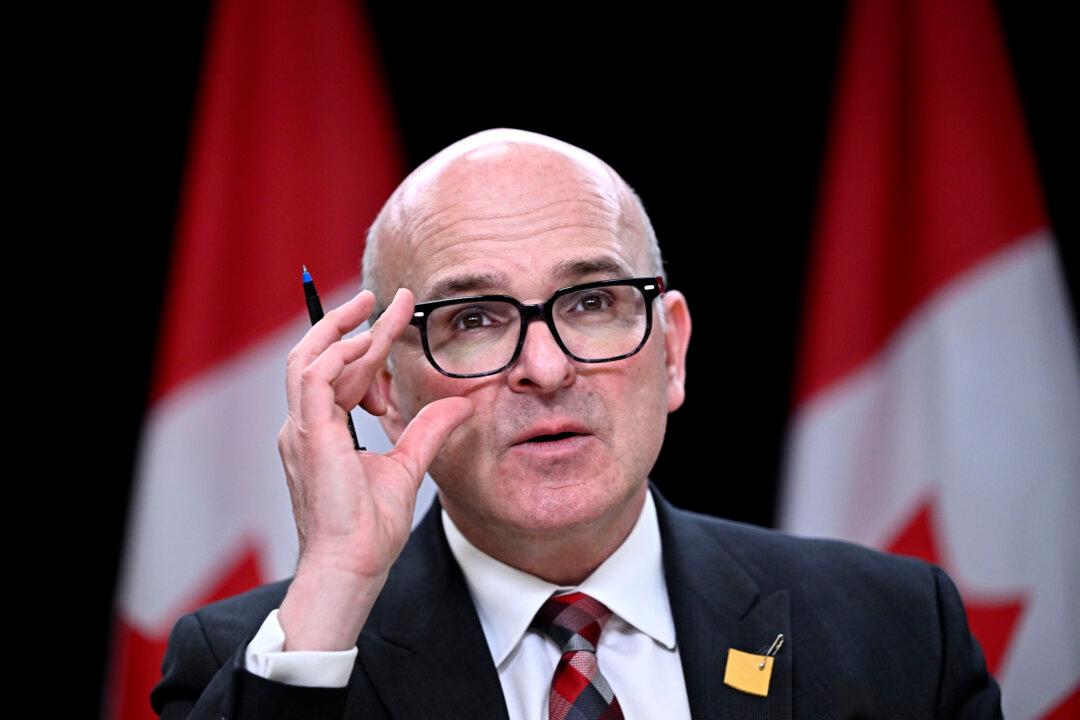The federal government is tightening the screws on its temporary foreign worker program as it attempts to reduce overall temporary immigration in the country.
Employment and Social Development Canada (ESDC) announced new measures are being implemented to reduce fraud and misuse of the system by Canadian businesses.





